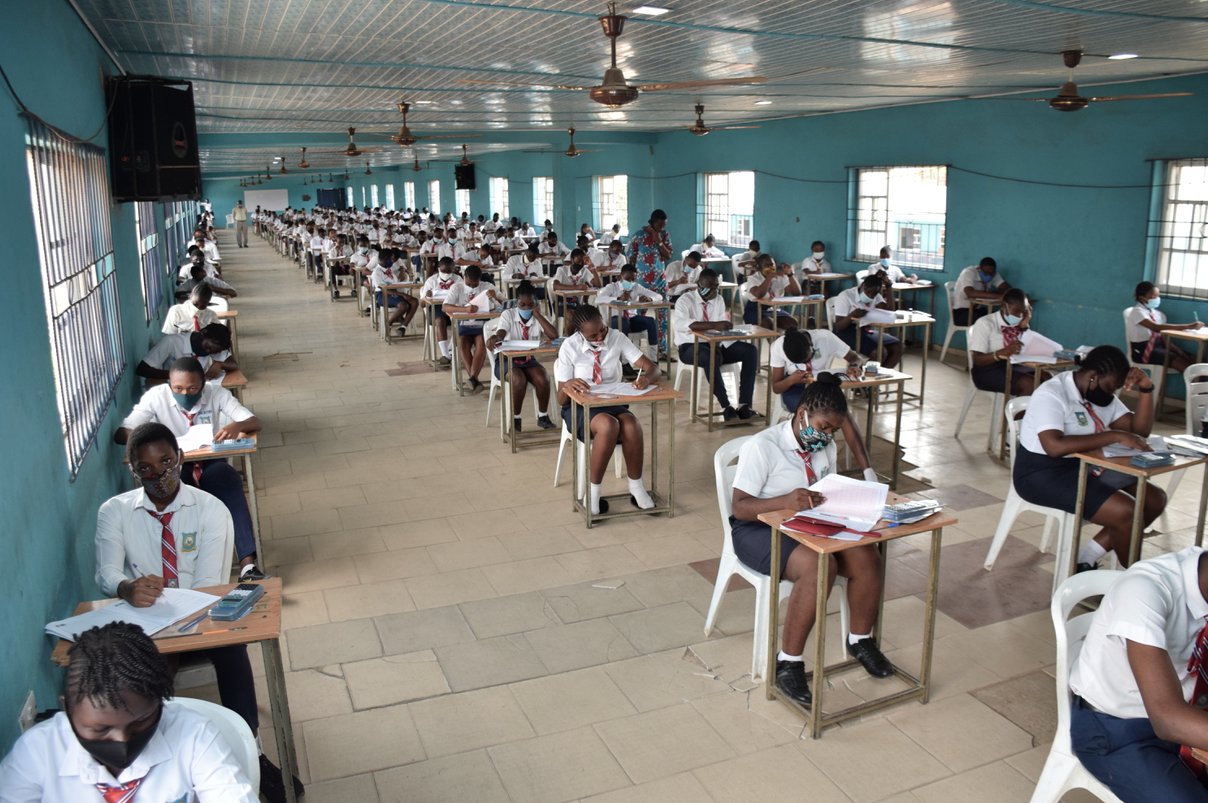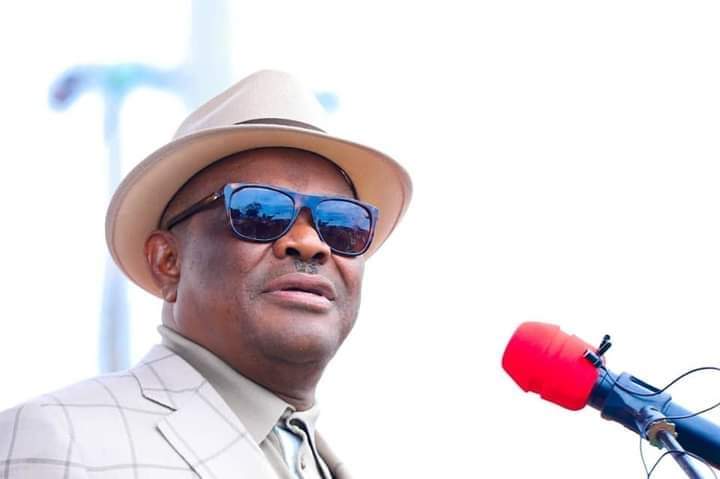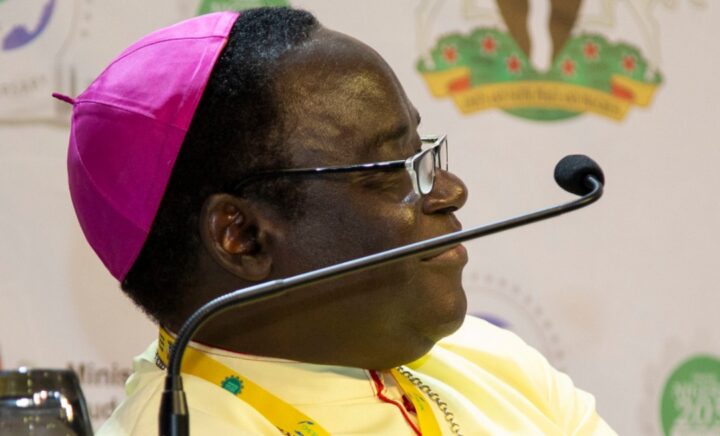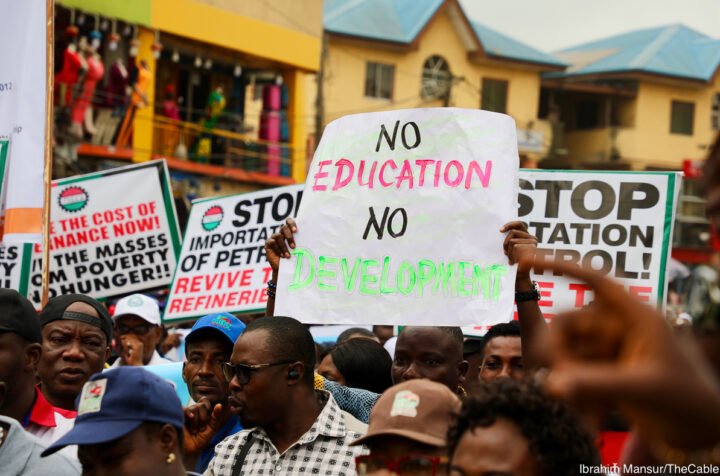With campaigns for the 2023 general election merely a matter of hours away, it is possible that in the typical giddiness preceding such moments, many would have missed an important growth marker released last week by the National Bureau of Statistics. The report ranked every state with regard to the performance of their public schools in the 2021 national examination conducted by the West African Examination Council (WAEC). Amid all the frenzy, the report is a subtle reminder that politics is essentially about the people and how their aspirations are impacted by policies.
Enugu state was first in the ranking with 93.9% of its public school students scoring over five credits (English and Mathematics inclusive). Viewed in isolation, that is a spectacular performance. But statistics seldom reflect the back stories that are, more or less, the superstructure on which outcomes stand. The truth is that excellent scorecards such as this recorded by Enugu are never attained fortuitously. They often require months – and even years – of scrupulous planning.
This might not be immediately apparent given the intangible nature of inputs in the education sector. Vindication tends to come mostly via unbiased mediums like the NBS appraisals. This is particularly significant in developing societies where progress is typically, albeit erroneously, benchmarked against the evidential physicality of concrete infrastructure.
Enugu’s stellar performance, plus the fact it had recorded a consistent top 10 position in the last six years, is further proof that the most enduring and impactful projects are not necessarily those with a spatial presence. The sheer physicality of concrete infrastructure, and the attendant fizz they create, often overshadow the attention that less visible but no less critical sectors such as education and health ought to receive.
Advertisement
It is the understanding that investing substantially in improving the quality of public education is just as vital as building concrete structures that helped Enugu state public school students attain such remarkable standing in the 2021 West African School Certificate Examination. So, the motivation to invest in public education does not lie in the expected public acclaim that an independent appraisal like the NBS report would normally bestow. The motivation is the Enugu state governor, Ifeanyi Ugwuanyi’s conviction that the strength of a society does not necessarily reside in the material wealth of its people, but in how easily they are able to access quality education.
His administration’s school intervention programme that has led to the construction and renovation of over hundreds of blocks in public primary and secondary school classroom blocks is just one of many other actions which demonstrate this conviction. The intervention has also led to the equipping of several public secondary schools with computers and ICT facilities. It is not by any means a perfunctory gesture. The goal is to restore dignity to public schools. The loss of dignity is not only in relation to the poor state of infrastructure that prevailed in the pre-Ugwuanyi era, it reflects also in the fact that many public primary and secondary schools lacked toilet facilities. So, the upgrade includes the construction of toilets for public schools across the state.
The state government has also employed over 5,000 primary school teachers, with another significant number of secondary school teachers engaged as well. There are incentives for teachers deployed to rural communities with requisite facilities provided as well to enable them to live there comfortably. The Ugwuanyi administration’s intervention in the education system is a continuous process. It has in the last four years committed over N10 billion for public primary school education. These have resulted in an optimal student-teacher ratio.
Advertisement
It is indicative of the state of neglect that public schools had suffered that some still require extensive turnaround despite the massive infrastructure upgrade the Governor Ugwuanyi’s administration. The intervention and the remarkable achievements attained, offer a glimpse of the sort of incremental turnaround that would have occurred in our public schools, had they over the past years been given the kind of attention the Ugwuanyi administration has devoted to their upgrade.
Indeed, building gigantic physical structures and roads may attract resounding applause. No one can deny that the governor has actually excelled here as his works in those areas have been self-evident. But he understands that no legacy is more enduring than quality and affordable education. His administration’s ongoing drive to restore public schools to their glorious era implicitly attests to that.
Ani is a senior communications aide to the governor of Enugu state
Advertisement
Views expressed by contributors are strictly personal and not of TheCable.







